Unbuilders is a young Vancouver company that deconstructs — dismantles — residential and commercial buildings whose time has come so the next generation of structures can take their place.
The company was founded in 2018 by Adam Corneil.
“I started off as a certified Passive House builder and then transitioned to become an unbuilder,” he said. “Now I take apart buildings to salvage materials and minimize waste.”
Corneil says too many of today’s buildings are constructed with single-use materials.
“To make the buildings of the future, we need to construct better ‘green’ buildings whose components can be harvested and used again,” he said. “I got into deconstruction because it’s the biggest positive impact I can have on the environment.”
Corneil says every year in Canada building demolition generates millions of tonnes of waste, more than one-third of which is valuable lumber. “Companies are throwing away usable, renewable resources and charging their customers to do it,” he said.
Deconstruction proceeds differently from demolition.
“We strip out the metal and the roofing and then brace the building,” Corneil said. “Then using a crane, we take the building apart in eight-foot by 20-foot panels.”
It takes eight to 12 weeks to deconstruct a commercial building it would take six to eight weeks to demolish.
The lower carbon footprint and the ability to reuse some of the materials outweighs the additional costs and time,
— Dean Johnson
Wesgroup Properties
Corneil says a shift to deconstruction will have “massively positive” environmental and social impacts.
“When we dismantle a building we salvage almost everything – old-growth lumber, windows, doors, cabinets, fixtures and appliances,” Corneil said. “On each project, Unbuilders diverts 50 tonnes of waste and salvages 10 tonnes of lumber. On average, less than five percent of a deconstructed building goes to waste.”
Corneil says deconstruction generates six jobs for every demolition job.
“There’s the potential for 75,000 new jobs in Canada,” he said. “Deconstruction creates good, blue-collar jobs and puts money into the economy.”
Corneil says deconstruction is also neighbourhood-friendly.
“Everyone likes to see old building materials put to good use,” he said. “We often have people coming up to us and say how glad they are the wood won’t end up in a landfill.”
Although deconstruction costs more than demolition, Unbuilders has found a couple of ways to make its service more competitive.
For residential deconstruction, Unbuilders donates the recovered materials to Habitat for Humanity Greater Vancouver, a local non-profit that helps build affordable housing.
The wood’s value is appraised by a third party, and the donor receives a tax receipt from Habitat for Humanity.
In the case of a commercial building, Unbuilders keeps the materials and sells them, and deducts their value from their customer’s bill.
Unbuilders recently finished deconstructing the former winery building of BC Distillery in the Vancouver suburb of New Westminster.
Built in 1929, the 25,000-square-foot, three-storey structure had most recently been home to 16 artist studios and an exhibition space until it was bought by Vancouver-based Wesgroup Properties.
VP of development Dean Johnson says Wesgroup opted for deconstruction to reduce waste, and also to reuse some of the building’s structural materials.
“Although this is not the most economical solution, the lower carbon footprint and the ability to reuse some of the materials outweighs the additional costs and time,” Johnson said.
The winery building will be replaced by 423 rental apartments.
Another recent Unbuilders deconstruction project is the former Turner’s Dairy warehouse in the Mt. Pleasant section of mid-town Vancouver.
Some of the lumber from the structure, which was built in 1913, was retained by the developer of the town house project that will be built on the site. Unbuilders’ affiliate, Heritage Lumber, acquired the rest for resale.
Heritage Lumber split off from Unbuilders at the end of 2019 to broker the reclaimed wood and establish a product line that specializes in old-growth Douglas fir and cedar.
Corneil says reclaimed wood contains nearly 12 times less embodied carbon than freshly-cut lumber.
“That makes reclaimed wood the most sustainable building material on the market,” he said. “Reclaimed wood and building deconstruction will keep more trees in the ground and lumber out of our over-flowing landfills.”
Unbuilders, which has 30 employees, undertakes projects in the Lower Mainland, southern Vancouver Island and the Gulf Islands.
Corneil says deconstruction is the future of building removal.
“In 10 years we’ll ask why we ever did demolition,” he said. “Until World War Two, deconstruction was the way we did things. this. We need to go back to the old ways.”
Corneil says Unbuilders plans to begin growing beyond the West Coast in 2022.
“We’re going to expand to all over North America,” he said. “Our business model will work in any jurisdiction in addition to B.C.”


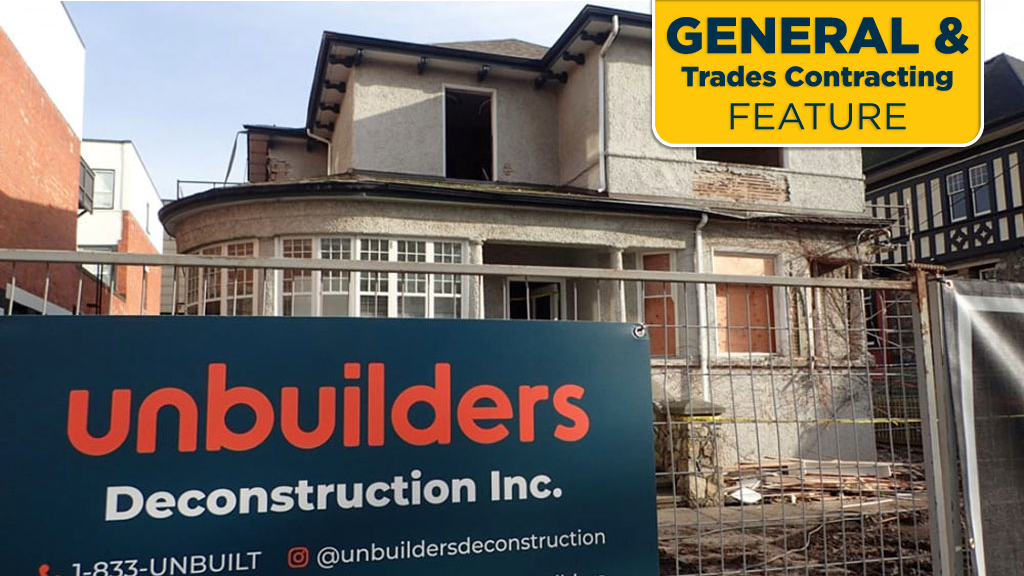

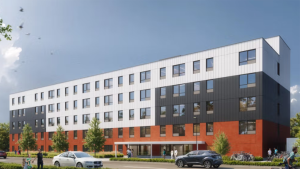

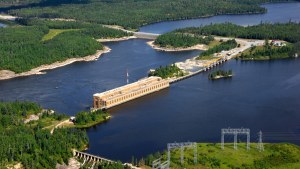
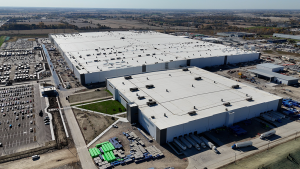


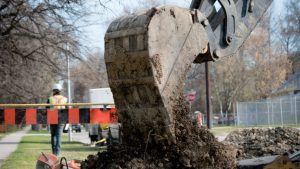
Recent Comments
comments for this post are closed